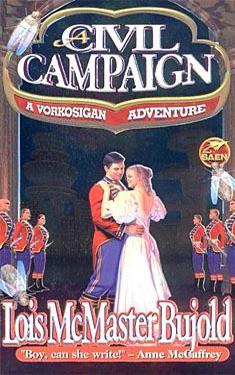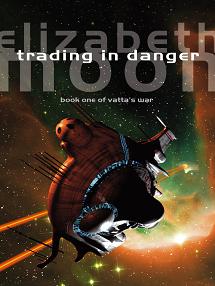Cheryl Morgan has a rather strange response to the criticism of this year’s Hugo Awards winners
The reaction to this year’s results, however, has been the worst I can remember. Depressingly much of this has come, not just from outraged fans, but also from professionals in the field. And some of those people, accidentally or otherwise, have said things that can be taken to imply they think the process is corrupt.
[…]
I guess this sort of thing is inevitable. The higher profile a set of awards, the more carping there will be. But I’m tired of having to worry about it. In particular I’m tired of worrying that projects I’m involved in, which I care deeply about, will suffer through their association with whatever mud-slinging is affecting me. And I have to face up to the fact that for a large segment of the community I will never be anything more than a fan who won fan Hugos in controversial circumstances.
So I am bowing out.
Honestly, this all seems a bit over the top, especially the idea that the bogstandard complaints of the Hugos being a popularity contest has anything to do with Cheryl Morgan herself; that’s rating yourself far too highly. In fact, the first time I’ve heard Cheryl Morgan mentioned in the context of Hugo controversies is erm, here. It is of course Cheryl’s right to get away from fandom, but to blame unnamed Hugo bashing critics for her own decision is absurd.
Being less than truthful about what those supposed critics said is not helping either. There’s enough drama in fandom without making more up.

